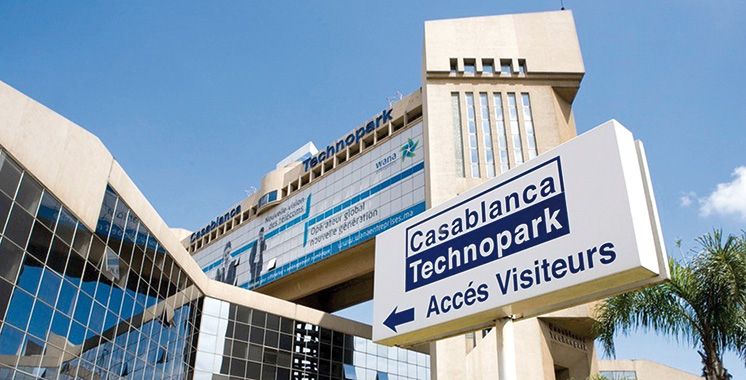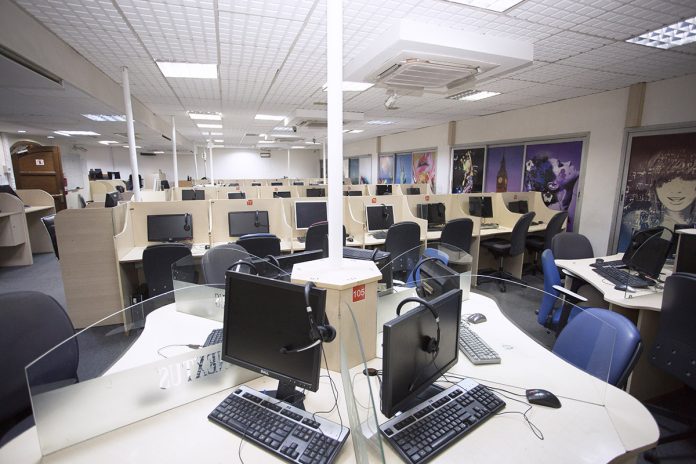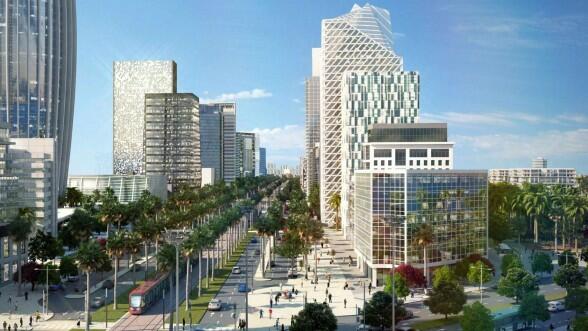In recent years, Morocco has emerged as a powerhouse in the offshoring industry, solidifying its place as a go-to destination for outsourcing services and manufacturing in fields ranging from aeronautics to automotive. Positioned ideally between continents and boasting a highly skilled, multilingual workforce, Morocco is rapidly becoming a top choice for major international investors, strengthening its economy and competitive edge on the global stage.
Strategic location and infrastructure powering global market reach
Nestled at the crossroads of Europe, Africa, and just hours from the U.S., Morocco’s geographic position offers businesses a logistical advantage, reducing time zone barriers and making it an ideal platform for the movement of exports and imports. This prime location is particularly valuable in industries like aeronautics and automotive, where quick and flexible supply chains are paramount.
Morocco has invested heavily in state-of-the-art infrastructure, including the Tangier Med free zone—one of Africa’s largest and most advanced port facilities. Specialized industrial zones in Casablanca and Kenitra further position the country to meet the high standards of major international firms, making Morocco a reliable production and distribution hub.

Aeronautics and automotive: Pillars of Morocco’s offshoring success
Morocco’s industrial offshoring success is built on two thriving sectors: aeronautics and automotive. Both have expanded significantly thanks to government-led incentives that have drawn global industry leaders to the country.
- Aeronautics: Morocco is establishing itself as a significant player in the global aerospace value chain. With over 140 companies, including industry leaders like Boeing, Safran, and Bombardier, Morocco’s aerospace industry has enjoyed annual growth rates near 20%. This sector now employs more than 17,000 workers in specialized roles, thanks to training from institutions like the Institute of Aeronautics Professions (IMA). The ability to produce complex parts and adhere to rigorous quality standards has allowed Morocco to solidify its reputation in aeronautics.
- Automotive: Automotive manufacturing is now Morocco’s top industrial export sector, with exports reaching over 84 billion dirhams in 2022. Global giants such as Renault and PSA Stellantis have invested in production facilities in Tangier and Kenitra, with a focus on the European market. With an impressive production capacity of over 700,000 vehicles annually, Morocco has positioned itself as a strategic hub for vehicle manufacturing catering to Europe, the Middle East, and Africa. Through tax incentives and investments in workforce training, Morocco’s automotive sector has created over 220,000 jobs, driving local economic growth.
A young, multilingual workforce
Morocco’s competitive advantage extends beyond geography and infrastructure. The country boasts a young, educated, and multilingual workforce, with graduates skilled in French, English, and Spanish—an essential asset for attracting European and North American businesses. Moroccan service centers leverage this linguistic strength to offer seamless, multilingual customer support, elevating the customer experience for international clients.
Training institutes like the Institute of Aeronautics Professions (IMA) and the Institute of Automotive Professions (IMA) further enhance Morocco’s technical workforce, aligning skills with the highest industry standards.
Embracing digital transformation and sustainability
To stay ahead in an increasingly competitive global market, Morocco has embraced digital transformation and social responsibility within its offshoring practices. Driven by AI and automation, digital innovation is rapidly enhancing productivity in Morocco’s call centers and outsourcing firms, allowing for tailored services and efficient operations.
Morocco’s offshoring sector also prioritizes sustainable practices, focusing on reducing carbon footprints and improving working conditions, especially within customer service centers where employee well-being has become a central focus. By promoting ethical values and high social standards, Morocco aims to reinforce its reputation as a reliable, forward-thinking offshoring destination.

Future prospects
Morocco’s government has played a pivotal role in cultivating the offshoring sector. Through policies offering tax breaks, export subsidies, and free trade agreements, Morocco has attracted significant foreign investment. The nation’s ambitious “Digital Morocco 2030” strategy aims to create over 240,000 direct jobs in the digital sector by 2030 and to contribute 100 billion dirhams to GDP.
With robust infrastructure, a business-friendly environment, and a clear strategic focus on advanced technology sectors, Morocco is poised to become a permanent fixture in global offshoring. As it continues to meet the needs of multinational companies, Morocco strengthens its standing on the international economic stage, further solidifying its role as a new global offshoring giant.





